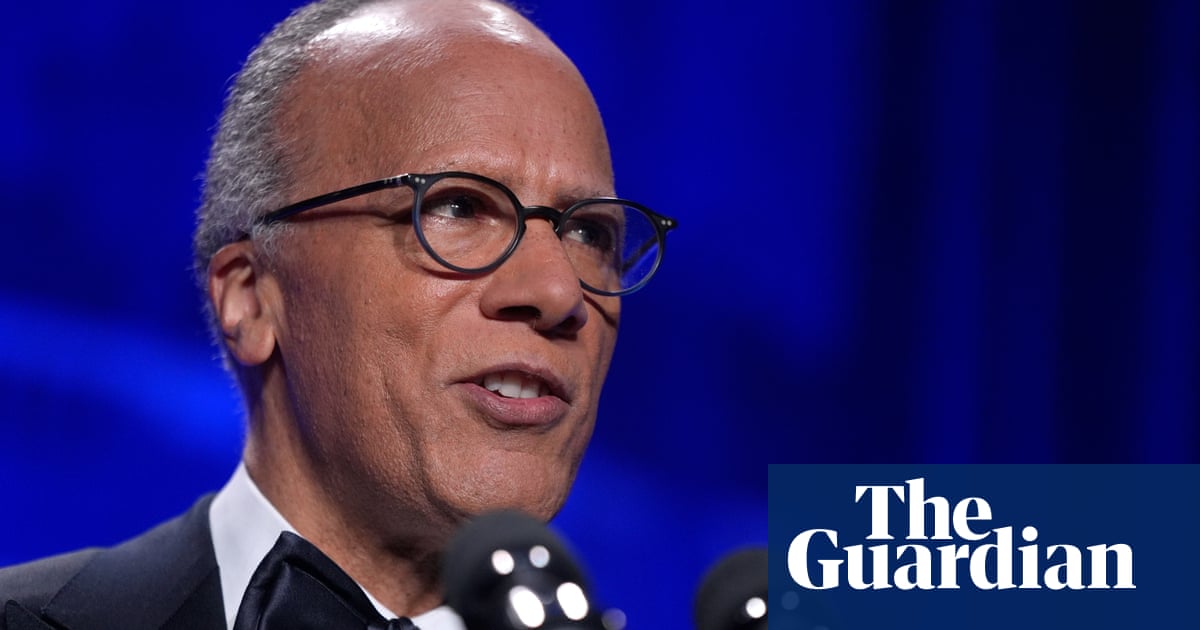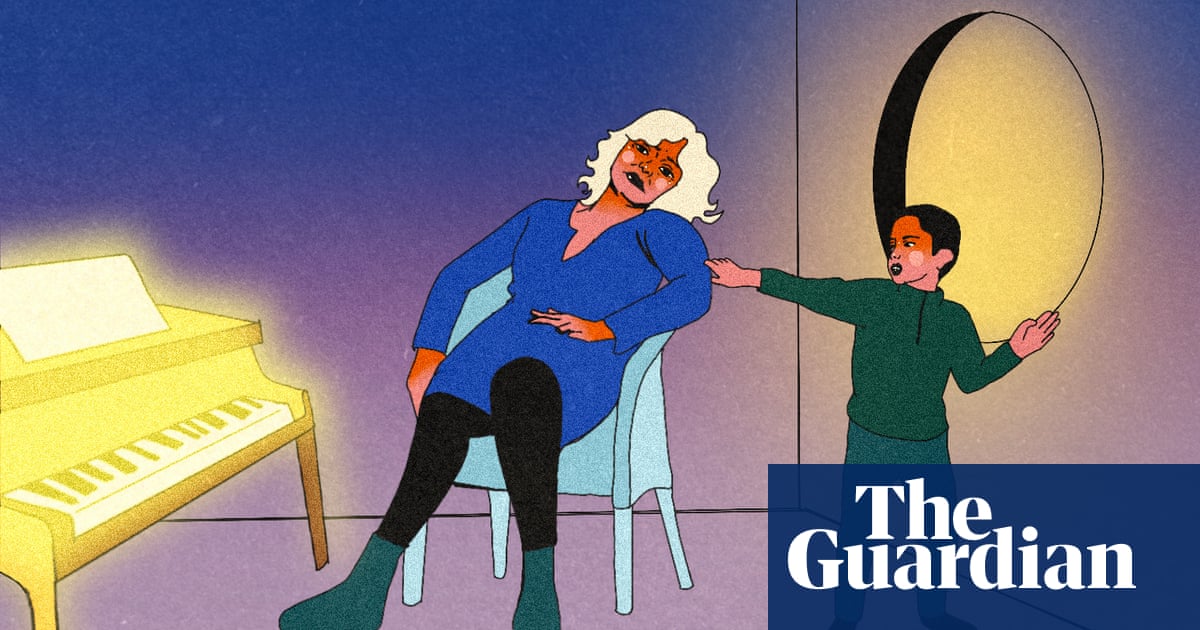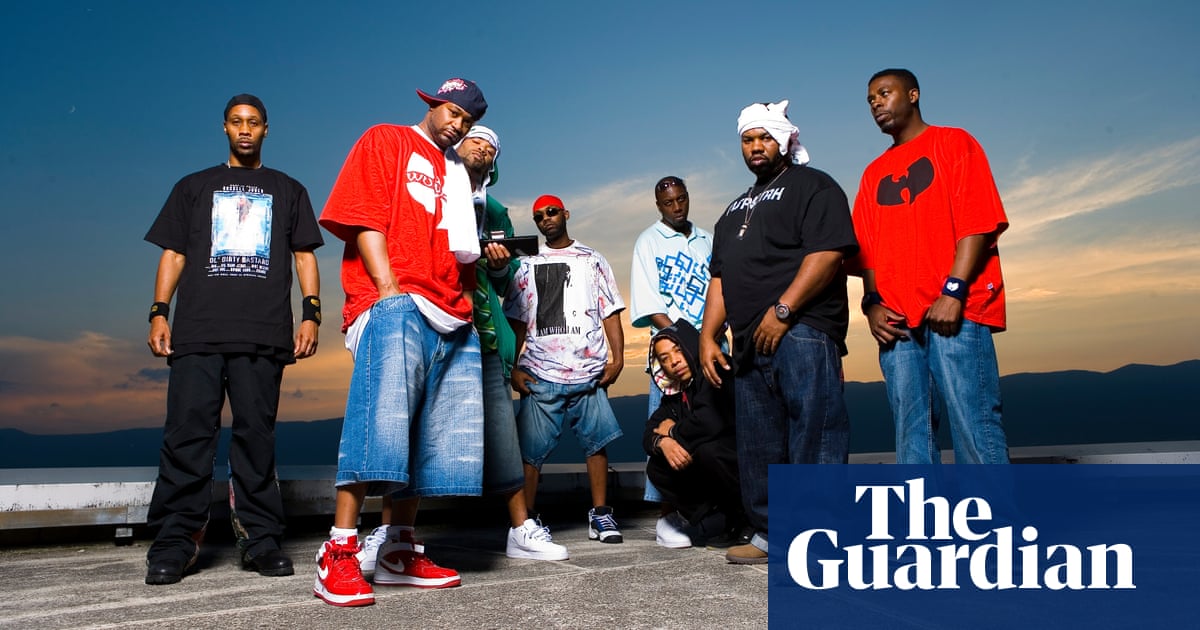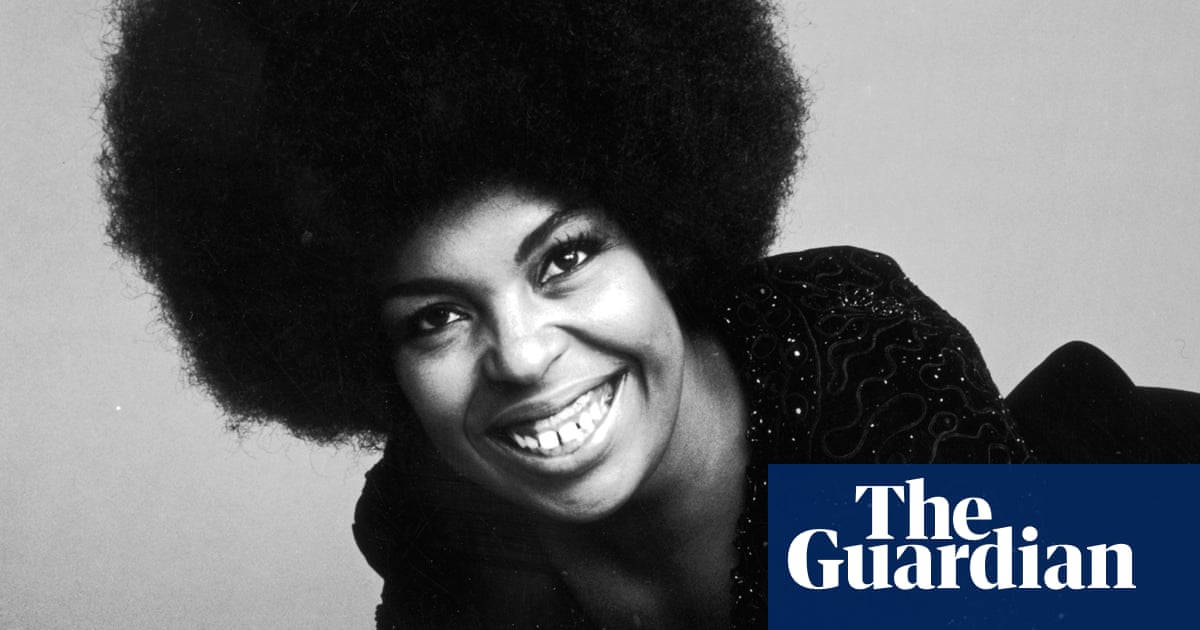To briefly paraphrase Hans Gruber: when Prince Harry saw the breadth of his Netflix deal, he wept for there were no more family members to slag off.
In 2020, Prince Harry and Meghan signed a $100m deal with Netflix to produce – as they put it – “content that informs but also gives hope” utilising “powerful storytelling” through a “truthful and relatable lens”. What this meant in practice was that they made one reality show about how hard they had it, and then they stuttered. The Harry & Meghan show was followed by two forgettable documentaries, one about the Invictus Games and one about some nebulous concept of leadership. At some point in the future there will be a Meghan cookery show that Netflix seems reluctant to show. But before that comes Polo, a show about polo made by Prince Harry, who likes polo.
Having watched the first season, I’m fairly certain that the plan here was to slot Polo into Netflix’s surprisingly excellent slate of sport documentaries. The goal was to do for polo what Last Chance U did for American football, or what Disney+’s Welcome to Wrexham did for lower league football. You can already see the problem with this approach, can’t you?
Those shows were underdog stories. Last Chance U revolved around talented young men with no safety net. Owing to problems either societal or behavioural, they had blown every shot they were given, and football represented their last hope of fulfilling their dreams. Same with the Wrexham show, which is about a neglected community finding a sense of purpose through sport.
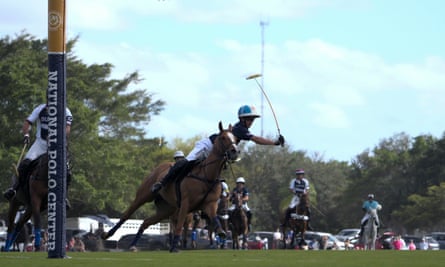
Polo, though, is about polo. And polo is the stupidest, most obnoxious sport known to humanity. It’s the playground of the rich. It’s a sport where fixtures are chosen by popping confetti-filled balloons, like a nightmarish gender reveal party. It requires incredible wealth, usually inherited, which means you could tip a bucket of paint over the entire sport and not hit a single person who even remotely qualified as an underdog. It’s a show about privileged people showing us exactly how privileged they are, which means there isn’t a lot of drama to be found.
Unintentional comedy, sure. The cast of characters here is largely made up of men who take polo far too seriously, and the women around them who are left neglected. Chief among them is Louis Devaleix, patron and player of a team called La Fe. I had to Google Devaleix – who we first meet whooping “Fuck yeah!” because someone had closed a deal at his “healthcare talent acquisition” firm – to make sure he wasn’t some sort of elaborate art prank.
Devaleix skydives and fishes and aggressively bales midway through his visibly upset wife’s baby shower because he has polo to attend to. When he loses a game, he either smashes things up or sits sobbing in the darkness, muttering the word “win” to himself. He marvels at a rival’s ability to know the names of the horses he rides. He is depicted as a walking heart attack in the making. He is, in other words, not a particularly great advert for the sport.
It’s unclear if this is intentional. Drop Louis Devaleix into the real world and people would recoil. But within the context of polo, with its champagne and sports cars and morally ambiguous treatment of animals – not to mention the endless gym-bro soundtrack of deadly serious hip-hop tracks about grit and drive – he sort of fits in.
In fairness, Polo isn’t completely awful. There’s a subplot about Adolfo Cambiaso, the Michael Jordan of polo, coming to terms with the fact that his son is starting to supersede him. And there’s a serious accident midway through the series that causes some of the subjects to act like actual human beings for a little while. If you find yourself being sucked into these documentaries by the power of human stories, as I am, this is about the best you’ll find.
Mainly, though, Polo looks destined to fall through the submenus into obscurity at the speed of light. And rightly so. It’s clattering and niche, and feels like a spoof documentary designed to play on screens in the background of episodes of Succession. The end of the final season goes out of its way to tee up a sequel, but I really don’t think any of us deserve that. Here’s hoping the cookery show does better.

 2 months ago
39
2 months ago
39




